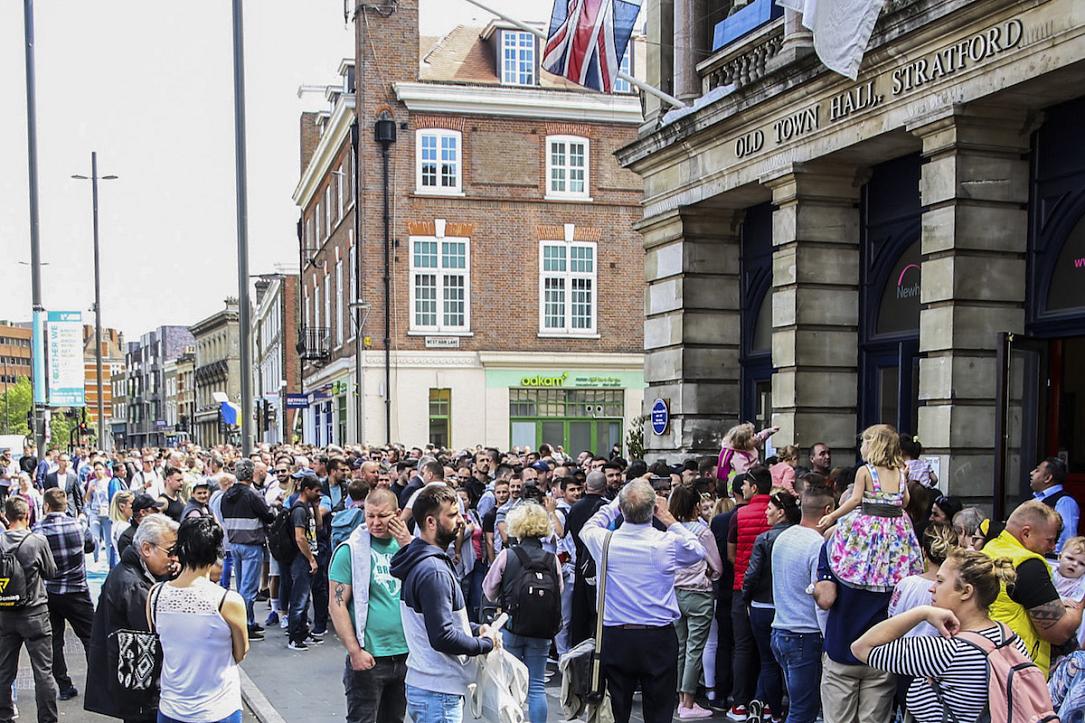Romania’s Foreign Affairs Ministry blames the president, electoral tourism for diaspora voting chaos



The Romanian Foreign Affairs Ministry (MAE) drew up a report on the reasons that led to the endless queues formed at the polling stations the Romanian authorities organized abroad for the European Parliament elections on May 26. According to this report, quoted by Hotnews.ro, MAE blames president Klaus Iohannis, electoral tourism and the low Internet speed in some cases for this situation.
“MAE has fulfilled all legal obligations in these elections’ context, regarding the organization and functioning of the polling stations abroad,” the report reads.
Moreover, in the same document the ministry also listed a series of factors that led to the diaspora voting chaos. For example, MAE said that president Iohannis’ decision to organize the referendum on justice on the same day as the European Parliament elections hampered the voting process.
“The organization of the European Parliament elections in parallel with the referendum led to an increase in voting time from two to seven minutes, as there were two lists to completed (handwriting), three ballots were then handed to the voters (in case of those who also voted in the referendum), and the ballots had to be introduced in three different boxes,” the report reads, according to Hotnews.ro.
Another reason was the low Internet speed “in different countries and locations,” which has led to problems in the functioning of the STS (Special Telecommunications Service) system used to monitor turnout and prevent illegal voting.
Then there was the electoral tourism, more precisely "coordinated actions to bring a large number of people to the vote, with 5-6 buses or cars.” “In most cases these groups remained close to the polling stations even after voting and created incidents until the police forces intervened and secured the closing of the polling stations.”
The solution proposed by MAE to prevent such problems in future elections is to introduce a 7-day anticipated voting process for the Romanians living abroad. “Other measures, such as electronic voting or by mail, can create other problems as they require the prior registration of each citizen (indicating his home address/residence) in order to exercise his/her right to vote.”
Prime minister Viorica Dancila said that the conclusions of the Foreign and Interior Ministries on the diaspora vote would be made public on Monday. Meanwhile, the anticorruption prosecutors announced that they opened an investigation in this case, after dozens of Romanians filed complaints about irregularities in the voting process organized abroad.
Romania organized both the EU elections and the referendum on justice on May 26. The turnout was very high, including abroad where the Romanians formed endless queues and had to face hours-long waiting time to vote. However, thousands didn’t get the chance to vote anyway and this led to anger and even incidents at some polling stations.
newsroom@romania-insider.com
(Photo source: Inquam Photos / Marius Zmarandescu)